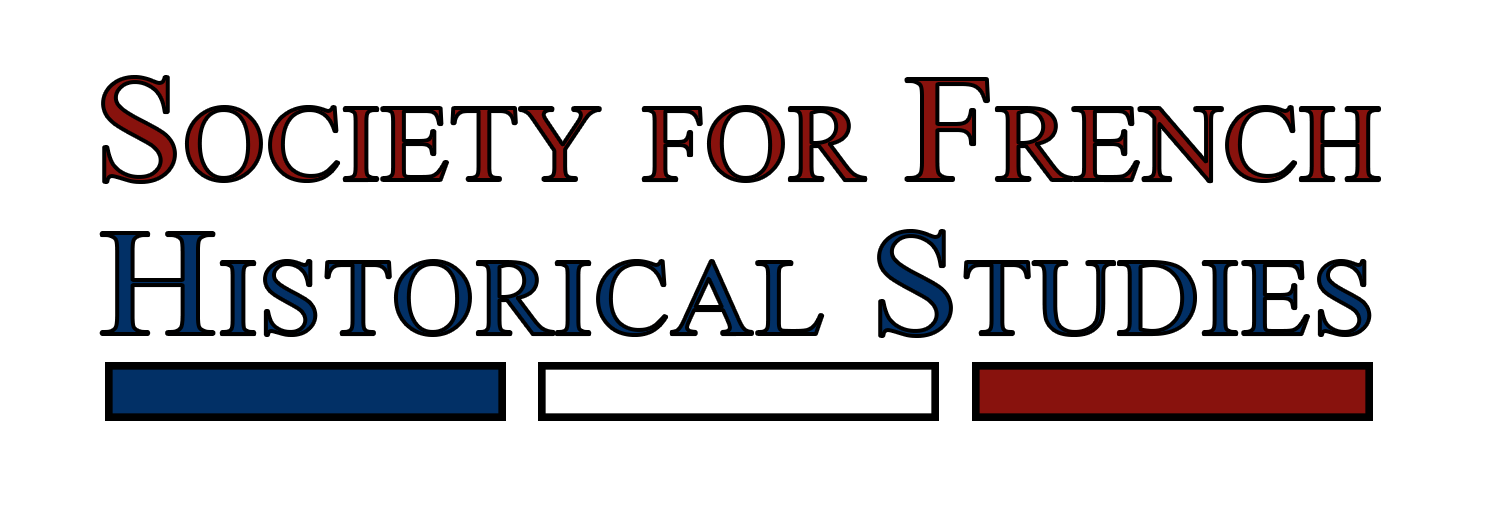Raymond Birn (1935-2017)
On June 12, we lost a dear former colleague, Raymond Birn, who taught University of Oregon from 1962 until his retirement in 2000. Ray was a remarkable scholar and teacher of revolutionary France, an engaged and active citizen, a generous and supportive friend, a loving and wise father and grandfather, and a devoted partner and husband. All who knew him will feel the absence of his wit and wisdom, his kindness and humanity, and the twinkle so often in his eyes.
Ray was born in New York City on May 10, 1935, the son of working-class, second-generation Jewish immigrants. But mere chronology over some eight decades cannot begin to convey the rich narrative arc of his full and interesting life. After a childhood spent in New York, Miami, and Washington D.C., in 1956 Ray graduated from New York University, where he was Phi Beta Kappa, and then earned a Ph.D. from the University of Illinois in 1961. He soon arrived in Eugene and joined the University of Oregon’s history department, rising quickly through the ranks to achieve the rank of Professor of History by 1972. From 1971 to 1978, Ray served as department head, and throughout his distinguished academic career he worked selflessly on behalf of his colleagues in History, the College of Arts and Sciences, and the University. Ray was widely esteemed for his vigor and dedication, his frankness in conversation and debate, and his abiding fair-mindedness. He was the consummate mensch.
Ray’s scholarly life focused on the cultural and social history of eighteenth-century France, particularly the history of the book in France and Europe and how it served as a means to spread and develop ideas that transformed the modern world. He was recognized internationally as an expert on the political philosopher Jean-Jacques Rousseau, and as a pioneer in the study of transnational publishing and state censorship. A number of books and articles established his scholarly reputation, beginning in 1964 with his Pierre Rousseau and the Philosophes of Bouillon, and culminating with his last books, Forging Rousseau: Print, Commerce and Cultural Manipulation in the Late Enlightenment (2001) and Royal Censorship of Books in 18th-Century France (2012).
Ray’s broad and deep understanding of European history—and his commitment to student learning—remains on display in his textbook, Crisis, Absolutism, Revolution: Europe, 1648-1789, which he continued to revise, now in its third edition (2005). These and other monographs and edited works were joined by an astonishing array of some sixty published essays in English, French, German, Spanish, Italian, Russian, and Hebrew, on topics that ranged from book and magazine publishing and censorship, literary property, and the freedom of the press, to Rousseau and Diderot, the Encyclopédie, and the Enlightenment.
Over the course of his career, Ray received numerous honors recognizing his considerable scholarly achievements, including a Fulbright Fellowship and two National Endowment for the Humanities Fellowships, an appointment as a Visiting Professor at l’Ecole des Hautes Etudes en Sciences Sociales in Paris, and a fellowship at the Center for the History of Freedom at Washington University in St. Louis. A crowning tribute came in his 2001 appointment as a Visiting Professor at the prestigious Collège de France, where he received a medal and delivered a series of lectures, subsequently published as La Censure royale de Livres dans le France des Lumières in 2007. His host on that occasion, the eminent French Historian Daniel Roche, later wrote of Ray, “He belongs in that group of Americans whose thinking and disposition have ensured the quality of long-term cultural relations between France and the United States—relations that we should do our best to encourage and maintain.” And yet throughout his life Ray was humble and understated, and to the end he remained dedicated to the promises of enlightenment, freedom, equality, and humanity. Ray’s enduring work on the history of ideas, print and the media, and censorship continues to be vital and instructive today.
Ray was more than a historian. He was also a sports fan, a hiker, and a cross-country skier. He found time for friends, some of whom dated back to his childhood,keeping in touch with them over time and great distance. One, for example, was a second-grade pal who later attended NYU with Ray, met up with him at the end of Basic Training at Fort Dix, and who Ray later ran into in Santiago, Chile; he subsequently took his place among Ray’s many regular email correspondents across the country and globe.
Ray was also dedicated to his family. His son and daughter remember many extended road trips between Oregon and the east coast, and between Paris and the northern tip of Norway in pursuit of family gatherings and scholarship during the summers and sabbaticals. They also remember his dedication to his teaching and hosting afternoon seminar classes at home that often ran into the evening. His love for traveling took Ray to places as diverse as Haifa, Tokyo, the tiny village of Okou in Togo, Machu Picchu, Ankara, Tierra del Fuego, and Borobudor. He travelled not only on scholarly business but also for pleasure, and for the last 30 years never more pleasurably than with his wife, Joyce Griffith, who in Ray’s own recent words “remains the light of my life.”
Ray is survived by Joyce, his wife; his son Eric Birn, his spouse Ceacilia and their son Emmanuel, of Portland; his daughter Laila Haney-O’Brien and her spouse, Todd O’Brien, and their children Elsa, Ben, and Laurel, of Portland; and by Joyce’s daughters Amy Swartz and Laurie Lesch, their spouses and children. Ray is also survived by Randi Brox, his first wife, of Portland.
Ray wrote last October, “As for myself, for the first time since graduate school, my desk is cleaned off.” But we know he had more scholarly projects he would have loved to tackle, more places he’d love to have visited, and more life to live. He lived life well, made the world a better place, and we will miss him.
